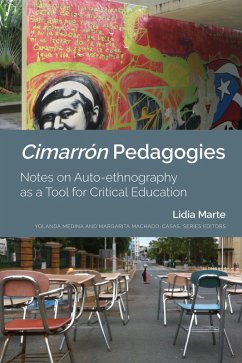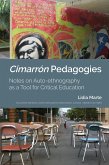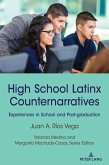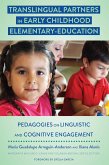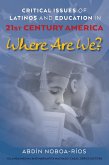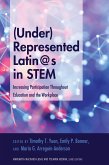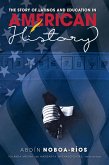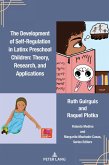Cimarrón Pedagogies is a testimonial account of how to use Critical Auto-Ethnography as main strategy for undergraduate research projects. The pedagogical approach here shared is a form of marronage, that help us create-at least in the classroom and for one semester-small liberated spaces, bridging the individual and the collective, private and public, past and present, the poetic and the political, and the local/global negotiations in our students' lives. Researching the ground of student's everyday experiences through their personal perspectives is a form of engaged pedagogy utilizing experiential, project-based and place-based assignments, as well as other experimental strategies. Through an auto-ethnographic project the feminist phrase "the personal is political" is felt, not just pondered, researched and theorized, generating multiple insights and empowering students to create their own ways of liberation and to document their own cultural histories. This auto-ethnographic narrative is an homage to teachers and mentors, and a celebration of life-long selfdirected learning as embodied in the author's own educational roots and routes. The book will be useful for college instructors and teachers as well as undergraduate and graduate students for diverse courses ranging from anthropology to the humanities. The guide to the research project and the appendix are also useful for any reader interested in researching and documenting topics of significance to their local lives and to their communities.
Dieser Download kann aus rechtlichen Gründen nur mit Rechnungsadresse in A, D ausgeliefert werden.
"Marte's concept of cimarrón pedagogy is an imaginative, much needed theoretical and practical guide to classroom teaching. Especially crucial in the present political climate in the Americas. This book combines Marte's inspirations from decolonization literatures and auto-ethnographic methodologies to create safe spaces of learning and critique. This book is a welcome addition to our ongoing concerns about effective ways to engage western epistemological legacies and engender new understandings and visions."-Aisha Khan, Professor of Anthropology, New York University

